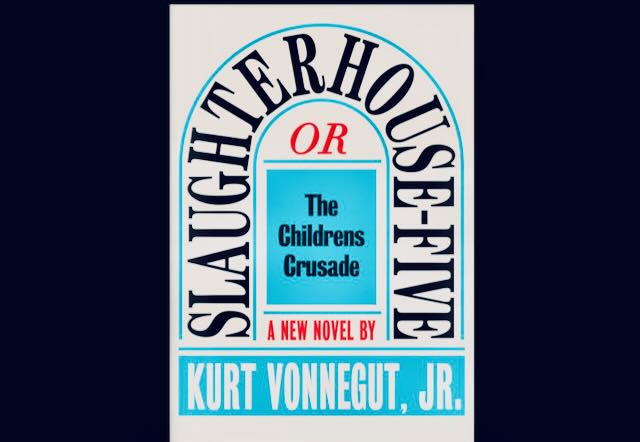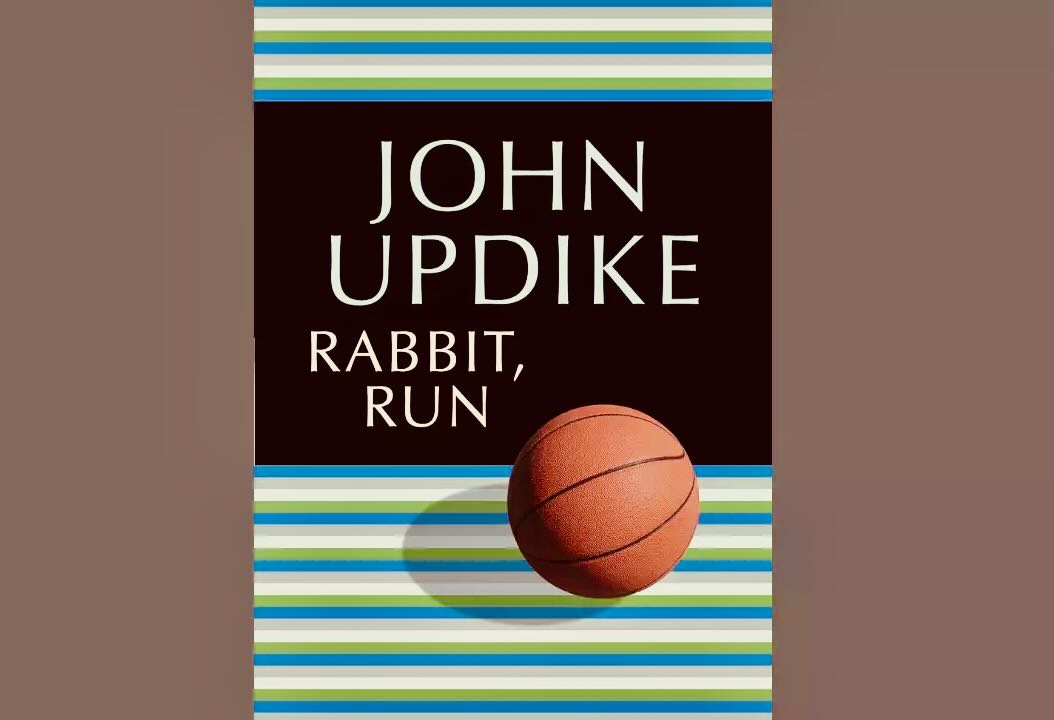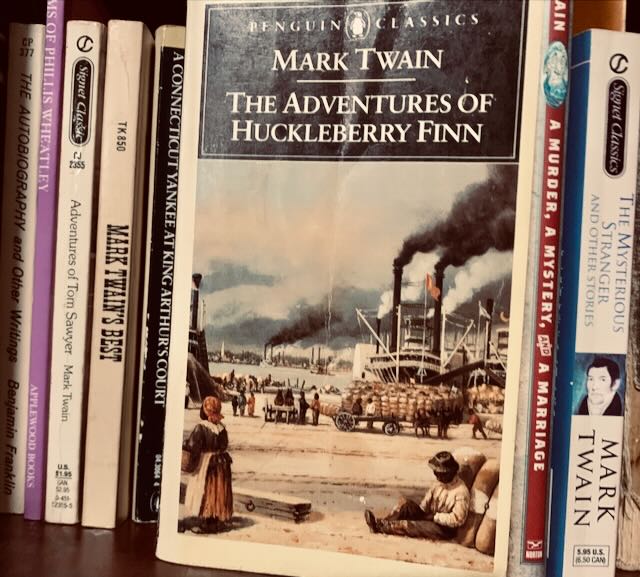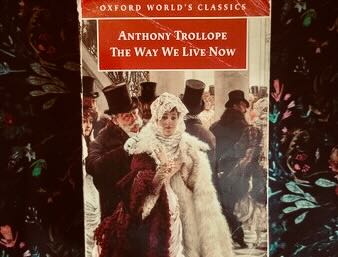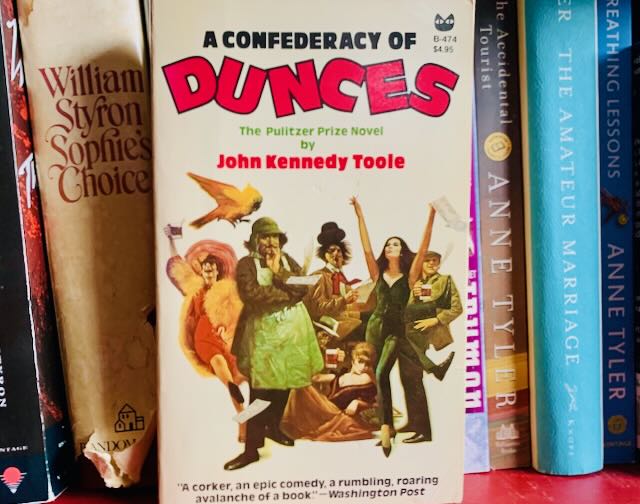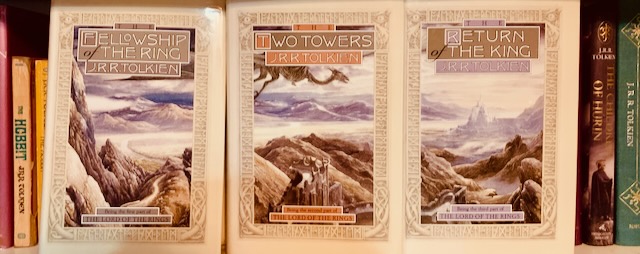Author: Jay Ruud
Jericho Brown’s “Aerial View”
William Butler Yeats’ “When You Are Old”
Kurt Vonnegut’s “Slaughterhouse-Five”
On the title page of Kurt Vonnegut’s modern classic Slaughterhouse-Five, or The Children’s Crusade, Vonnegut remarks that the novel is “somewhat in the telegraphic schizophrenic manner of tales of the planet Tralfamadore.” This means nothing to you as you read the title page, but as you get into the book and it strikes you how there… Continue reading Kurt Vonnegut’s “Slaughterhouse-Five”
John Updike’s “Rabbit Run”
“[L]ooking around me at American society in 1959,” John Updike once said in an interview, he could observe “a number of scared and dodgy men….This kind of man who won’t hold still, who won’t make a commitment, who won’t quite pull his load in society, became ‘Harry Angstrom.’ I imagined him as a former basketball… Continue reading John Updike’s “Rabbit Run”
Mark Twain’s “The Adventures of Huckleberry Finn”
No less an author than T.S. Eliot, writing his introduction to an edition of Huckleberry Finn in 1950, said The Adventures of Huckleberry Finn is the only one of Mark Twain’s various books which can be called a masterpiece. I do not suggest that it is his only book of permanent interest; but it is the only one… Continue reading Mark Twain’s “The Adventures of Huckleberry Finn”
Anthony Trollope’s “The Way We Live Now”
Anthony Trollope never met an 800-page novel he didn’t like. Like Dickens and other Victorian novelists, Trollope wrote many of his novels for periodical publication, and so they were first published one section at a time—and the more serial installments, the more the writer was paid. When those novels were published in book form, they… Continue reading Anthony Trollope’s “The Way We Live Now”
John Kennedy Toole’s “A Confederacy of Dunces”
Everybody knows the story—one might say the “legend”—of John Kennedy Toole and his magnum opus, A Confederacy of Dunces: How the young writer, despondent over the manuscript’s rejection by many publishers, took his own life by asphyxiation in his car in 1969 at the age of 31; how his mother Thelma found a carbon copy of… Continue reading John Kennedy Toole’s “A Confederacy of Dunces”
J.R.R. Tolkien’s “Lord of the Rings”
Tolkien, whose day job was as a professor of Anglo-Saxon at Oxford University, dabbled in world-creation in his spare time from as early as 1917—beginning with his creation of two different elvish languages, Quenta and Sindarin, and the alphabets that go with them. He invented Middle Earth and made up the stories first in order… Continue reading J.R.R. Tolkien’s “Lord of the Rings”




